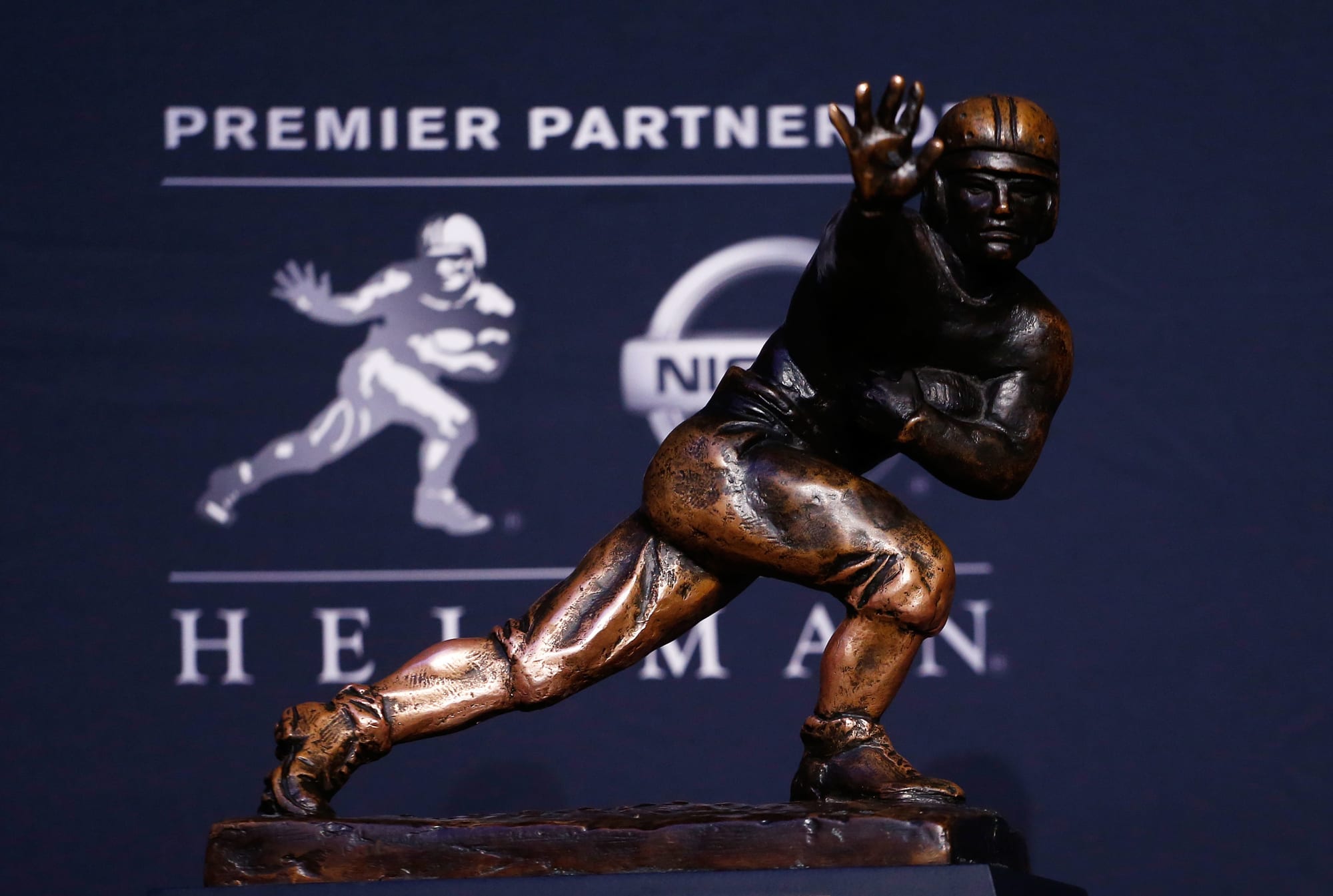
Unveiling the Legends: Delving into the Enigmatic Allure of the Heisman Trophy
The Heisman Trophy, an iconic symbol of excellence in collegiate football, has captivated the hearts and imaginations of sports enthusiasts for decades. Its rich history and captivating moments have woven an intricate tapestry that continues to inspire and ignite conversations among pundits, players, and fans alike. This comprehensive guide embarks on a journey to unravel the complexities of the Heisman Trophy, examining its historical significance, legendary recipients, and the multifaceted narratives that surround it.
The Genesis of a Legacy: The Origins of the Heisman
The Heisman Trophy owes its inception to the vision of John Heisman, a legendary football coach at the University of Georgia. Driven by a desire to recognize outstanding athleticism and character in the sport, Heisman spearheaded the creation of an award that would honor the nation’s most exceptional college football player.
Beyond Statistics: Assessing the Whole Player
The Heisman Trophy transcends mere statistics and numerical achievements. The selection committee places significant emphasis on a player’s overall impact on their team, their leadership abilities, and their character both on and off the field.
While exceptional athleticism remains a cornerstone of the Heisman criteria, the committee also considers a player’s ability to inspire teammates, contribute to their team’s success, and serve as a positive role model for the sport.
The Art of Voting: Transparency and Subjectivity
The Heisman Trophy voting process has often been the subject of scrutiny and debate. The award is determined by a panel of approximately 900 voters, including sports journalists, former players, and college football coaches.
While the voting process is designed to ensure fairness and transparency, it is not immune to subjective opinions and biases. Some critics argue that the Heisman Trophy can be influenced by media coverage, team performance, and even factors such as a player’s charisma and marketability.
The Triumphs and Trials: Controversies and Legacy
Throughout its history, the Heisman Trophy has been marked by both triumphant moments and controversial decisions. In 2005, Reggie Bush was stripped of his Heisman after an investigation revealed major NCAA violations within the University of Southern California football program.
Other controversies have centered on the criteria used to select the winner, with some arguing that it favors certain positions (e.g., quarterbacks) over others. Despite these controversies, the Heisman Trophy remains a highly respected and coveted award that continues to captivate the imaginations of football enthusiasts worldwide.
The Broader Impact: The Heisman’s Influence on College Football
The Heisman Trophy has had a profound impact on the landscape of college football. It has elevated the sport’s profile, inspired countless aspiring athletes, and generated significant revenue for universities.
Moreover, the Heisman Trophy has fueled a culture of excellence and competition within the sport. Players strive to achieve greatness not only for their teams but also to etch their names into the annals of Heisman Trophy history.
Conclusion: The Enduring Allure of the Heisman
The Heisman Trophy is a multifaceted phenomenon that transcends the realm of sports. It is a symbol of athletic prowess, leadership, and a testament to the human spirit. Its enduring allure lies in its ability to ignite passion, inspire dreams, and capture the imaginations of generations of fans.
While the Heisman Trophy is not without its controversies and imperfections, its rich history and iconic moments continue to captivate and inspire. As the college football season approaches with each passing year, the anticipation for the unveiling of the next Heisman Trophy winner reaches a fever pitch, adding another chapter to the ever-evolving saga of the sport’s most coveted award.




